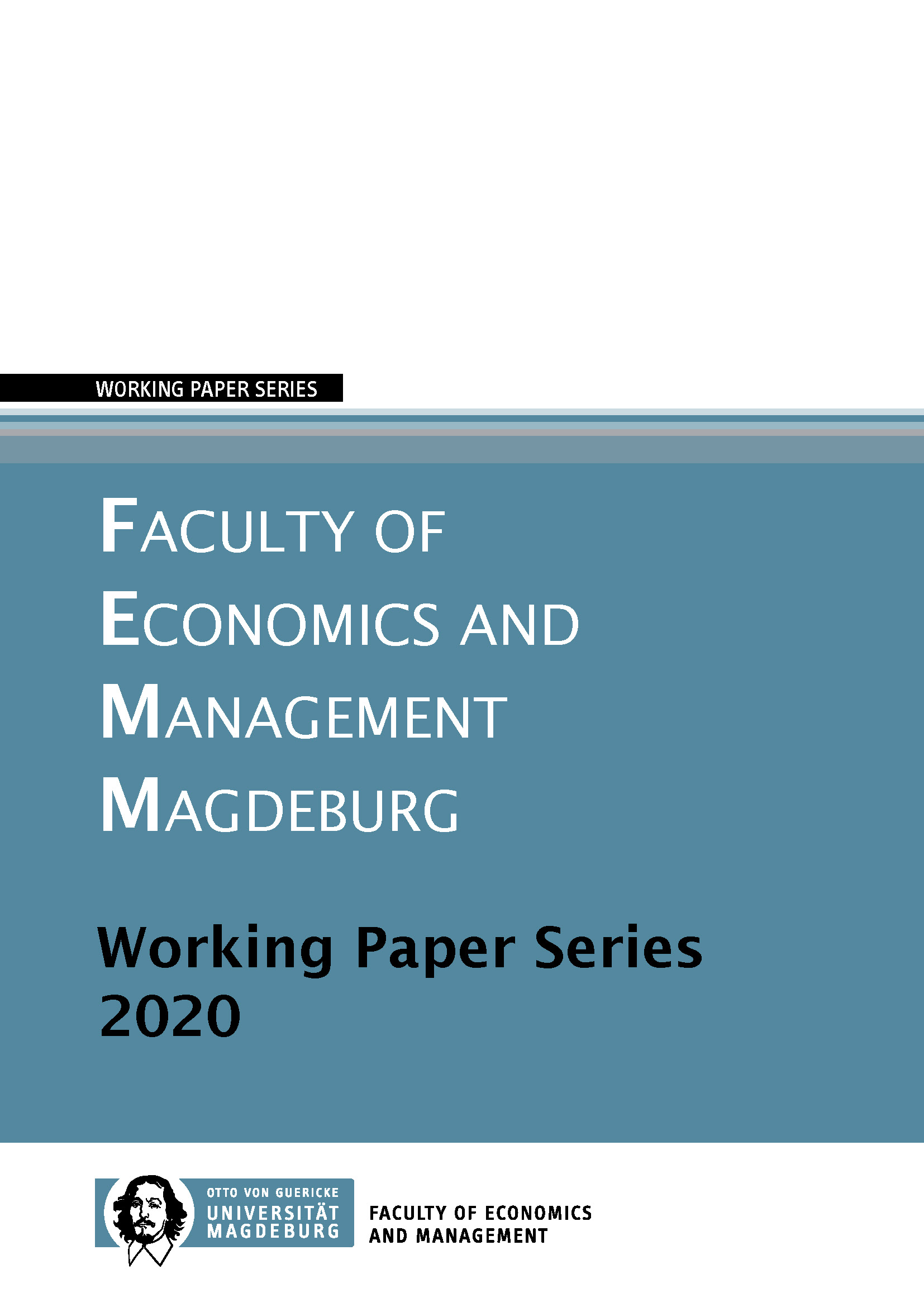Some Game Theoretic Aspects of Brexit
DOI:
https://doi.org/10.24352/UB.OVGU-2020-142Abstract
The paper initially explains some fundamentals of interactive decision-making (“game theory”) and then applies different approaches of game theory to different aspects of Brexit. The first analysis perceives the 2016 referendum as a “simple voting game” and challenges the view that the observed outcome of about 52% percent in favor of Brexit have to be interpreted that the “vox populi” (and, thus, also the “vox dei”) is in favor of a “no-deal” Brexit. Rather, there seem to have existed three camps among the voters, of whom 25% have actually opted for a no-deal Brexit, whereas 27% seem to have approved Brexit in the expectation of a sensible deal. Hence, the 48% who favored “remain” have been by far the largest homogeneous group, although they fall short of an absolute majority. Social choice theory shows that, in a situation without an option supported by a clear majority, no aggregation procedure – such as majority voting or pairwise binary voting – exists that guarantees collective rationality (Arrow theorem) or satisfies some desirable properties (Gibbard-Satterthwaite theorem).
The next analysis scrutinizes the hypothesis that the observed outcome of the referendum was due to the “remainers’” failure to participate. The economic theory of voter participation explains intermediate participation rates as a mixed strategy equilibrium. For the two or three groups mentioned above, the incentives to participate were different. The third model section takes a closer look at the negotiations between the UK and the EU, focusing on the transition from Theresa May to Boris Johnson. A simple Nash bargaining model demonstrates that the bargaining outcome may depend on the preferences of the delegate who negotiates on behalf of the represented party. Switching from one delegate to another, hence, may lead to a more favorable outcome. A final section discusses existing literature on game theoretic analysis of Brexit, which essentially deals with various non-cooperative bargaining models


